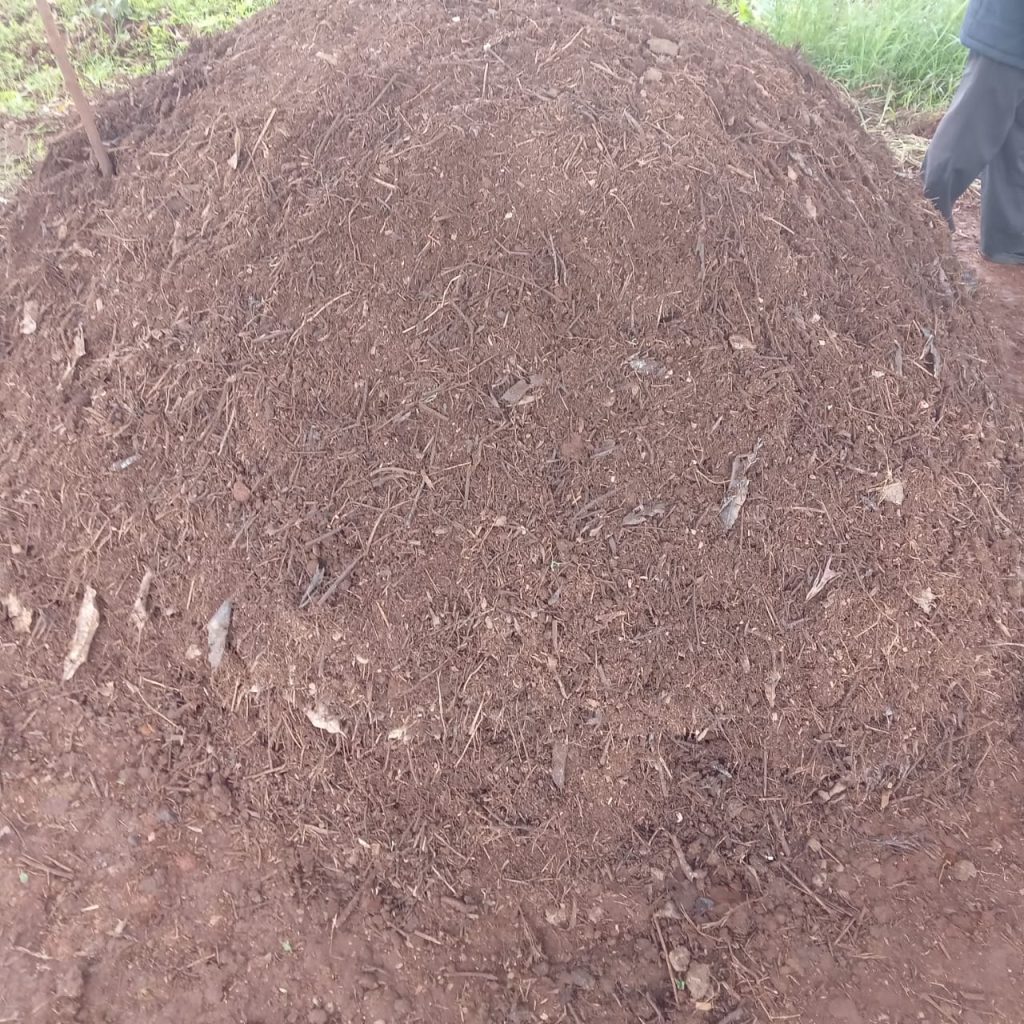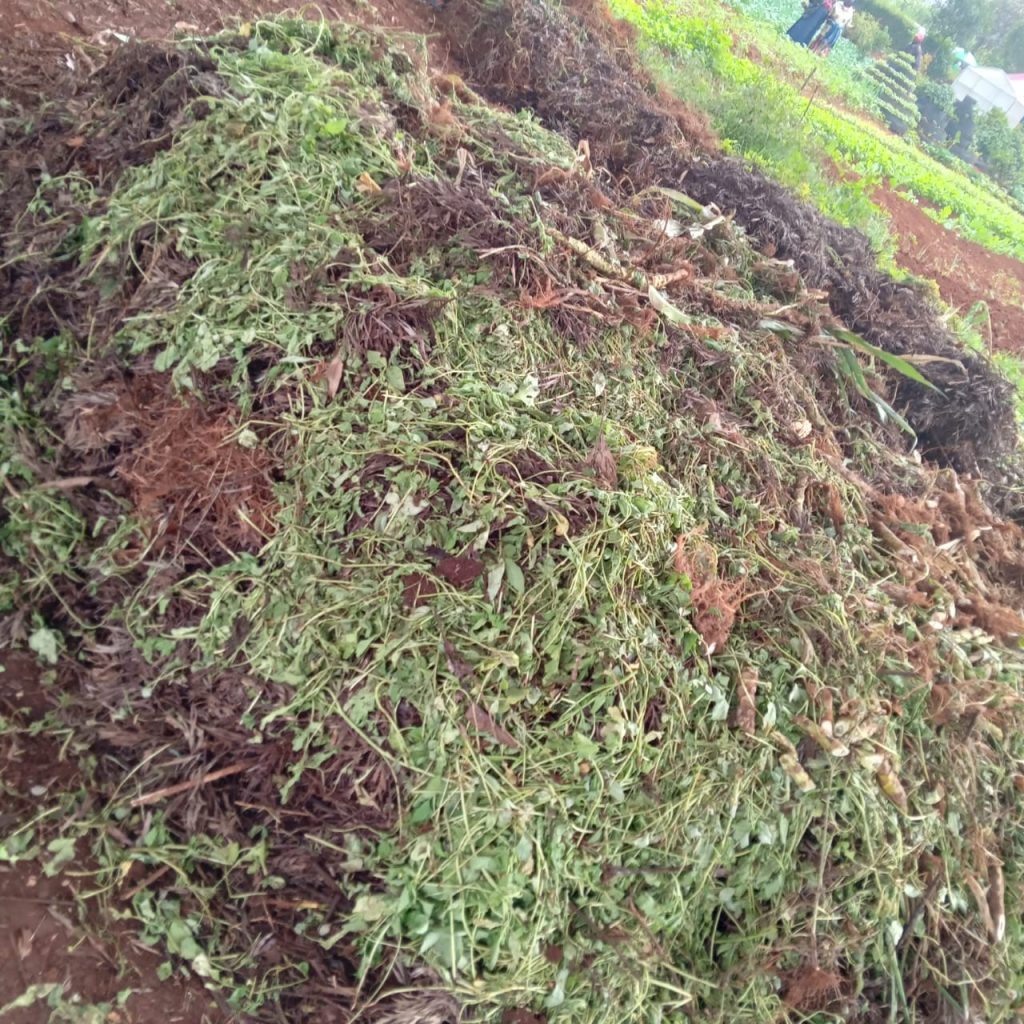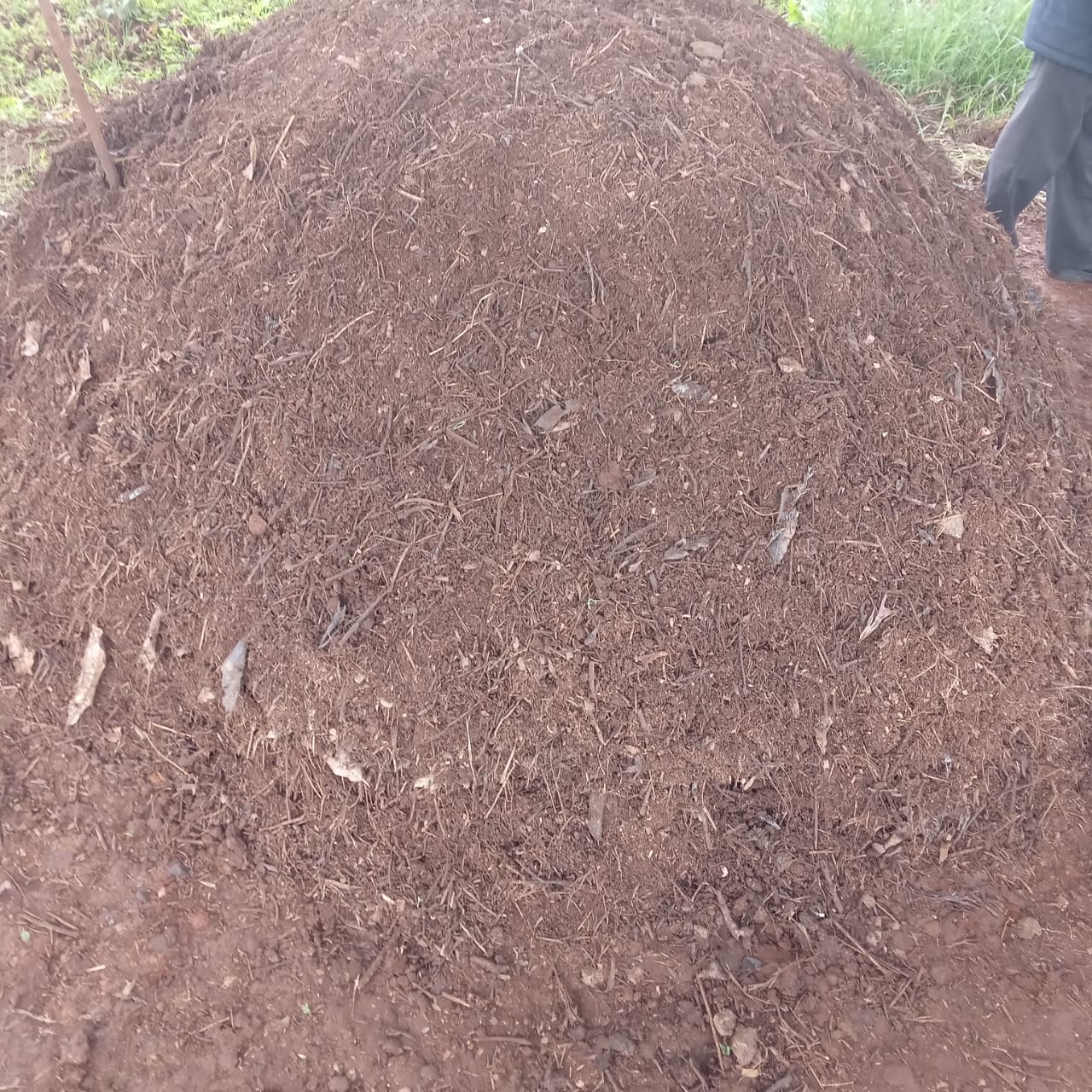
Composting is an age-old practice that transforms organic waste into nutrient-rich soil amendment known as compost. This process involves the decomposition of organic materials, such as kitchen scraps and yard waste, by microorganisms under controlled conditions. Composting not only helps in waste management but also enhances soil health, boosts plant growth, and reduces the need for chemical fertilizers. Let’s delve deeper into the art of composting and explore its myriad advantages.
Understanding the Composting Process
The Basics of Composting.
Composting involves four main components:
- Organic Matter: The raw materials for composting, including green waste (nitrogen-rich) and brown waste (carbon-rich). Green waste consists of items like fruit and vegetable scraps, coffee grounds, and grass clippings. Brown waste includes leaves, straw, paper, and wood chips.
- Moisture: Water is essential for microbial activity. The compost pile should be kept moist but not waterlogged, akin to a wrung-out sponge.
- Oxygen: Aeration is crucial for aerobic microorganisms to break down the organic matter. Turning the compost pile regularly helps maintain oxygen levels.
- Microorganisms: Bacteria, fungi, and other decomposers break down the organic material into compost. These microorganisms require a balanced diet of carbon and nitrogen, proper moisture, and oxygen to thrive.
Types of Composting/ Choose your style.
- Hot Composting: This method involves maintaining high temperatures within the compost pile, which accelerates decomposition and kills pathogens and weed seeds. It requires frequent turning and monitoring to ensure optimal conditions.
- Cold Composting: A slower process that involves minimal maintenance. Organic materials are added to the pile over time, and decomposition occurs gradually, taking several months to years.
- Vermicomposting: Uses worms, particularly red wigglers, to break down organic matter. Vermicomposting is ideal for kitchen scraps and can be done indoors or outdoors in specially designed bins.
- Bokashi Composting: A fermentation process that uses a specific mix of microorganisms to break down organic waste. Bokashi composting is anaerobic and can handle meat and dairy products, which are typically avoided in traditional composting.
Advantages of Composting
Environmental Benefits
- Waste Reduction: Composting diverts organic waste from landfills, reducing the volume of waste that contributes to methane emissions, a potent greenhouse gas. By composting, households and communities can significantly decrease their waste footprint.
- Soil Health: Compost enhances soil structure, increasing its ability to retain moisture and nutrients. It improves soil aeration and drainage, promoting healthy root growth and reducing erosion.
- Nutrient Cycling: Compost returns essential nutrients to the soil, including nitrogen, phosphorus, and potassium. This natural fertilizer replenishes soil fertility, reducing the need for synthetic fertilizers.
- Carbon Sequestration: Composting helps sequester carbon in the soil, mitigating climate change. The organic matter in compost increases soil organic carbon levels, enhancing the soil’s ability to store carbon.
Agricultural and Horticultural Benefits
- Plant Growth: Compost provides a slow-release source of nutrients, improving plant health and growth. It enhances the soil’s microbial activity, which supports plant nutrient uptake.
- Pest and Disease Control: Healthy soil enriched with compost is more resilient to pests and diseases. Compost contains beneficial microorganisms that suppress harmful pathogens and improve plant immunity.
- Water Conservation: Compost improves soil’s water-holding capacity, reducing the need for frequent irrigation. It helps plants withstand drought conditions by maintaining moisture levels in the soil.
Economic Benefits
- Cost Savings: By reducing the need for chemical fertilizers and pesticides, composting can lead to significant cost savings for gardeners, farmers, and municipalities. It also lowers waste disposal costs.
- Resource Efficiency: Composting promotes the efficient use of organic resources, turning waste into a valuable product. It supports sustainable agriculture and reduces reliance on non-renewable resources.
- Community Engagement: Composting programs can foster community involvement and education. Community gardens, schools, and local organizations can collaborate on composting projects, promoting environmental stewardship.
Practical Tips for Successful Composting

- Choose a Composting Method: Select the composting method that suits your needs, space, and available resources. For beginners, a simple backyard compost pile or bin is a good start.
- Balance Green and Brown Materials: Aim for a balanced mix of green and brown materials. A general rule of thumb is to use two-thirds brown materials to one-third green materials.
- Maintain Moisture Levels: Keep the compost pile moist but not soggy. Water the pile as needed, especially during dry periods.
- Aerate the Pile: Turn the compost pile regularly to maintain oxygen levels and speed up decomposition. Use a garden fork or compost aerator to mix the materials.
- Monitor Temperature: For hot composting, use a compost thermometer to monitor the temperature. Aim for temperatures between 130-160°F to ensure efficient decomposition and pathogen control.
- Avoid Adding Problematic Materials: Do not add meat, dairy, fats, or diseased plants to your compost pile, as they can attract pests and create odors. Avoid adding invasive weeds or plants treated with synthetic chemicals.
Ultimately, composting is a powerful technique that transforms organic waste into valuable compost, benefiting the environment, agriculture, and economy. By adopting composting practices, individuals and communities can reduce waste, improve soil health, and promote sustainable living. Whether you’re a seasoned gardener or a beginner, composting offers a simple and effective way to contribute to a greener and healthier planet.









